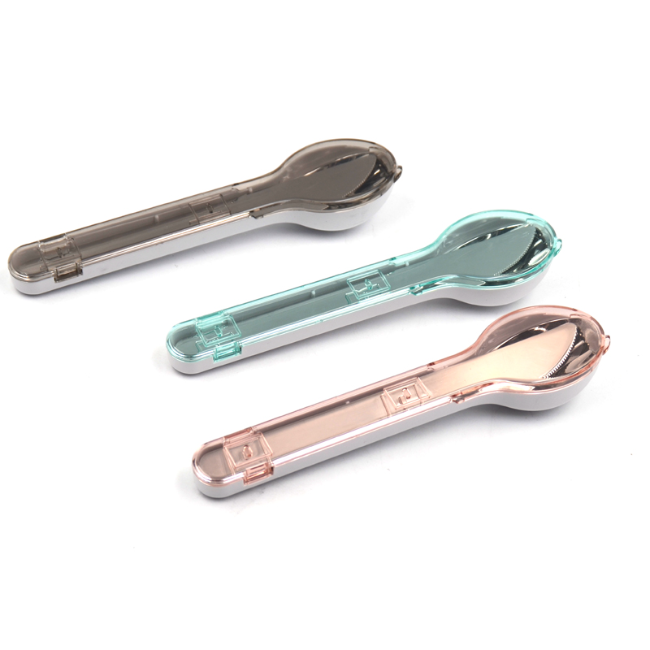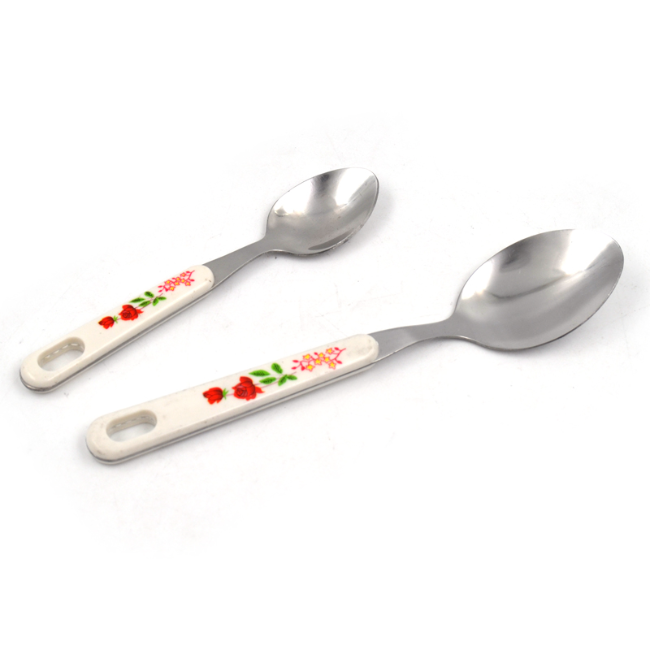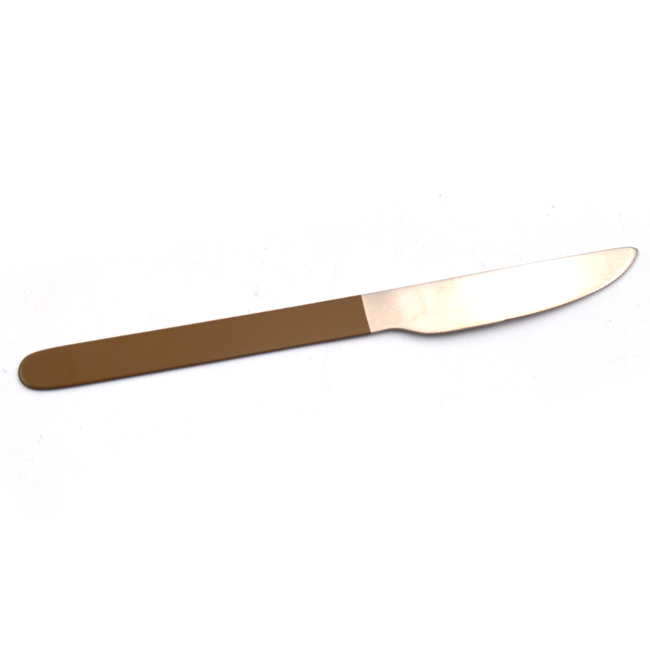
11 May
Does a Metal Spoon Kill Enzymes in Honey?
Does a Metal Spoon Kill Enzymes in Honey...
Does a Metal Spoon Kill Enzymes in Honey?
Honey is a natural sweetener known for its health benefits, including its rich enzymes, antioxidants, and antibacterial properties. But if you’ve ever wondered whether using a metal spoon to stir honey might alter its composition, you’re not alone. In this article, we’ll address the common concern about whether a metal spoon kills enzymes in honey, explore the science behind it, and discuss how you can enjoy honey’s full benefits with the right tools, like those from Homefelt.
Does Metal Affect Honey?
There has been some concern that using a metal spoon to stir or scoop honey could harm its beneficial properties, particularly the enzymes it contains. Enzymes are proteins that play a key role in various biological processes, including aiding digestion and boosting the immune system. Honey is rich in enzymes such as diastase, invertase, and glucose oxidase, which contribute to its health benefits.
However, the claim that a metal spoon will destroy these enzymes is largely a misconception. In reality, the action of using a metal spoon itself does not directly destroy enzymes in honey. Enzymes in honey are more sensitive to heat than they are to metal. When honey is exposed to high temperatures, such as when it is heated in cooking or during pasteurization, the enzymes break down. Using a metal spoon to stir or scoop honey does not generate enough heat to affect its enzymes.
What Does Kill Enzymes in Honey?
The primary factor that affects the enzymes in honey is heat. When honey is exposed to temperatures above 95°F (35°C), the heat can begin to degrade its enzymes, diminishing its potential health benefits. That’s why raw, unpasteurized honey is considered more beneficial than commercial honey, which is often heated during processing.
To preserve the enzymes in honey, it’s best to store it in a cool place and avoid heating it. If you’re adding honey to tea or other hot beverages, allow the drink to cool slightly before adding the honey to ensure that its beneficial properties are retained.
Choosing the Right Spoon for Honey
While the material of the spoon doesn’t affect the enzymes in honey, choosing the right spoon can make your experience of using honey more enjoyable. A metal spoon can be used, but if you prefer to avoid any potential metallic taste, you might opt for a wooden spoon or ceramic spoon when scooping or stirring honey.
At Homefelt, we offer a wide variety of spoons that are perfect for handling honey and other delicate ingredients. Our spoons are designed for precision and ease of use, whether you’re drizzling honey into your tea or using it in a recipe.
Conclusion: Enjoy Honey’s Full Benefits with Homefelt Spoons
While it’s true that heat can harm the enzymes in honey, using a metal spoon does not significantly affect its beneficial properties. To preserve the enzymes, simply avoid exposing honey to high temperatures. Whether you’re stirring your honey with a metal spoon or a wooden spoon, using the right tool from Homefelt can make all the difference in your kitchen. Enjoy honey's natural goodness with the perfect spoon today!





